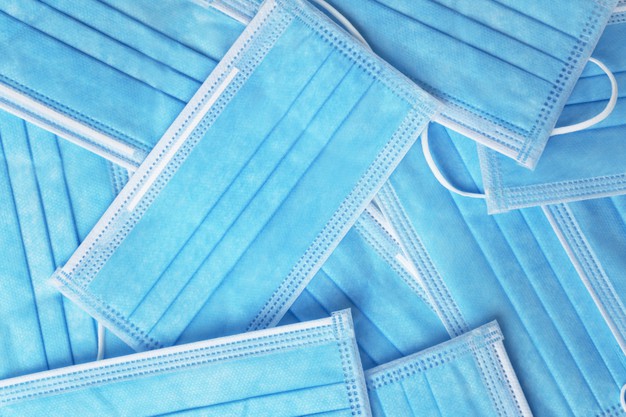Supercomputer shows wearing two masks is not very much better in blocking viral spread

KUALA LUMPUR (March 5): Supercomputer simulations in Japan have revealed that wearing two masks provided only limited extra benefit “in blocking viral spread” compared with wearing just one “properly fitted mask”, Reuters reported today.
The Fugaku supercomputer showed that surgical-type mask made of non-woven material “had 85% effectiveness in blocking particles” while wearing an added polyurethane mask “on top boosted the effectiveness to just 89%”, said the report.
Meanwhile, wearing “two non-woven masks isn’t useful” as “air resistance builds up and causes leakage around the edges” it added.
“The performance of double masking simply does not add up,” the researchers led by Kobe University professor Makoto Tsubokura announced.
As for the best masks to use, the researchers found that “professional grade” N95 masks were the best in blocking infection, “followed by non-woven masks, cloth masks, and finally polyurethane types”.
Tsubokura also “cautioned against” wearing face visors as an alternative to masks, reported The Guardian.
“Judging from the results of the simulation, unfortunately the effectiveness of face guards in preventing droplets from spreading from an infected person’s mouth is limited compared with masks,” Tsubokura told the UK paper.
The study using the supercomputer was conducted by scientific research institute Riken and Kobe University.
Subscribe to our Telegram channel for the latest stories and updates
Never miss out
Sign up to get breaking news, unique insights, event invites and more from EdgeProp.
Latest publications
Malaysia's Most
Loved Property App
The only property app you need. More than 200,000 sale/rent listings and daily property news.
